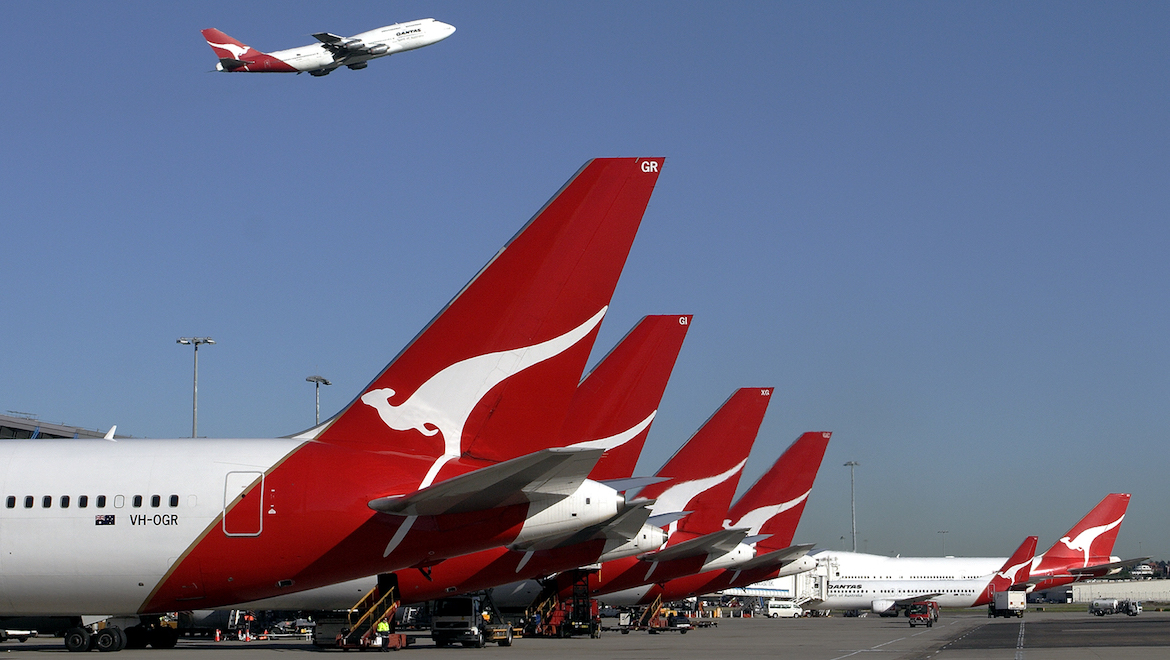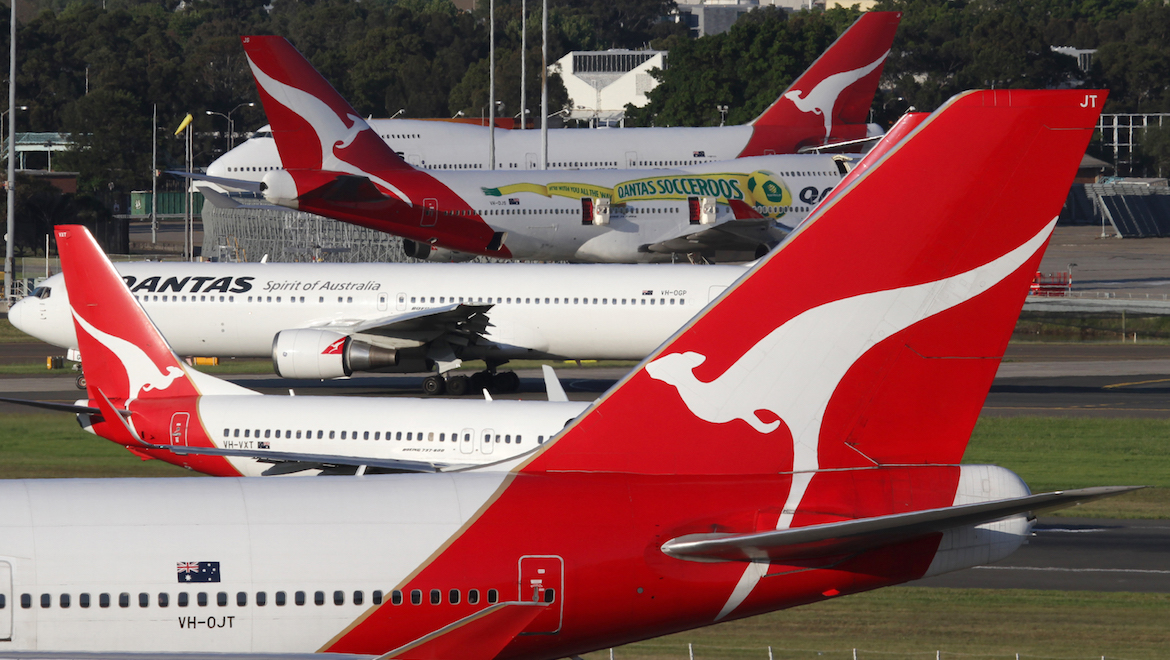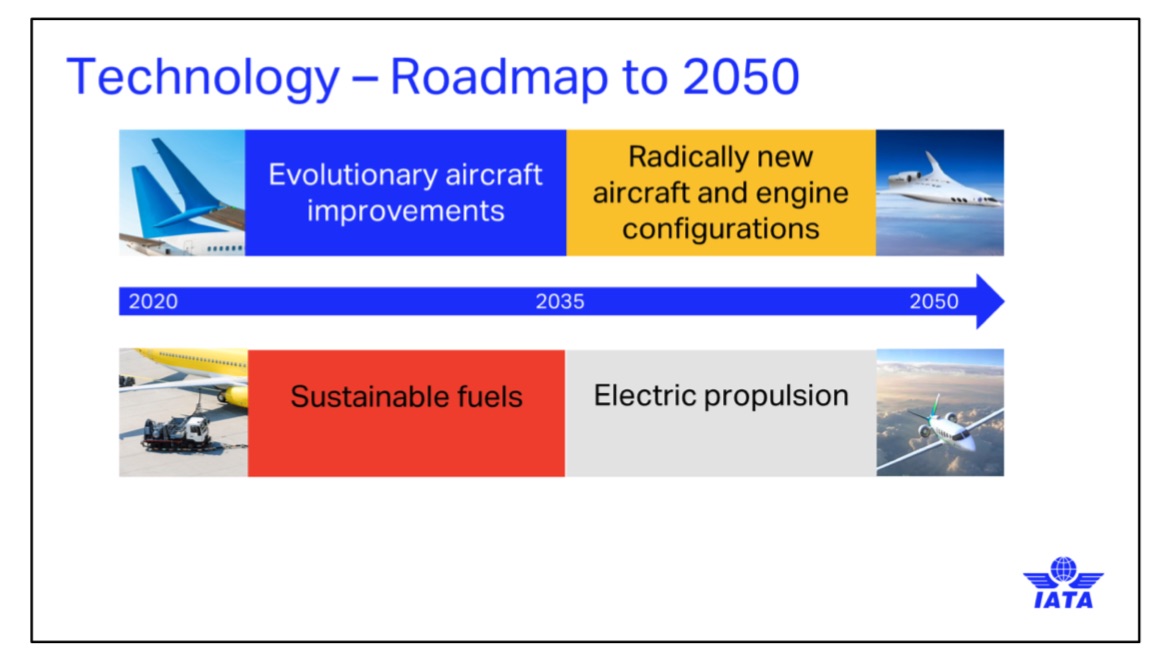
Campaigns that call on people to fly less do little to support aviation’s push towards lowering carbon emissions, a senior Qantas executive says.
Earlier in 2019, the Swedish government started asking people to reconsider the need to fly.
The initiative – known as Flygskam or flight shame – has led to declining passenger numbers, according to figures from the country’s airports. Meanwhile, rail numbers have increased.
It supporters include school student and environmental activist Greta Thunberg, who sailed from Europe to New York to attend a recent United Nations summit on climate change.
However, Qantas group executive for government, industry, international and sustainability Andrew Parker said the solutions to reducing carbon emissions would not be found through reducing the number of passengers flying.
“You may have seen that Sweden announced a natural limitation on flying for their citizen through its flight shaming campaign,” Parker said during Qantas’s investor day presentations in Sydney on Tuesday. “This is not just an ambition of that government, it is a stated policy to reduce the amount of flying of Swedes.”
“It is not a vision we share. We think the Swedish government’s policy to set targets to reduce actual flying for their citizens is myopic.
“Concerns about emissions and climate change are real and serious but we can’t lose sight of the contribution that air travel makes to an open, liberal society and growing economies.
“The industry has already come a long way in reducing its footprint but the solution from here isn’t to fly less but it is to make flying more sustainable.”
Earlier in November, Qantas said it would spend $50 million over the next decade on sustainable aviation biofuels and match its passengers’ commitment to fly carbon neutral as part of efforts to reach zero net emissions by 2050.
The initiatives also included a commitment cap its net emissions at 2020 levels.

And recently, International Air Transport Association director general Alexandre de Juniac said the aviation industry had a fantastic to story to tell on carbon reduction, noting the average journey by air today emitted 50 per cent less carbon than it did in 1990.
Further, the aviation industry has committed to reduce its carbon footprint through the landmark Carbon Offsetting and Reduction Scheme for International Aviation (CORSIA) that was agreed to by the overwhelming number of International Civil Aviation Organisation’s (ICAO) 191 member states in October 2016.
“We say that it is possible, at the same time, to fly and to reduce our carbon footprint,” de Juniac said in September.
“Flying is not the enemy, flying allows to connect people, it’s a great achievement that makes our world a better place.
“The real enemy is carbon and we have committed to reduce our carbon footprint and reduce this enemy.”
de Juniac described the choice between flying and not flying as a “false alternative”.
The CORSIA agreement has among its targets for the industry to achieve carbon neutral growth from 2020, in addition to a 50 per cent reduction in CO2 emissions by 2050, compared with 2005 levels.
In addition to the CORSIA targets, the IATA has set a target of reducing carbon emissions per passenger by 1.5 per cent per year from 2009 to 2020, as well as aspirations to build an aircraft that produced no emissions within 50 years.
de Juniac said the results from the first 10 years showed a reduction above the target at about 2.3-2.4 per cent.

While aviation, which was responsible for two per cent of global carbon emissions, had established a global solution towards reducing the industry’s impact on the environment, some countries were considering introducing their own so-called green taxes, charges or levies on airlines and travellers.
de Juniac some of these measures were mainly for improving government budgets in the short term and had “no relation or very little relation with environmental performance”.
Qantas’s Parker said: “Flight shaming and individual taxes do little to support the industry’s transition to a low-carbon future.”
VIDEO: KLM Royal Dutch Airlines’ Fly Responsibly advertisement from the airline’s YouTube channel.
















Panegyric Perspectivist
says:Of course the ‘airlines’ will try to protect their enormous investments. Airlines are not just transport, they generate huge capital flows across multiple sectors of the networked global economy. They are the very symbol and the logos of the Sky God we call “Capitalism”. Sadly , the damage they do to the environment is also enormous , and when you factor in the costs of production refining and transporting fuel (not to mention middle eastern wars), and not just combustion, the CO 2 footprint soars and we can gain an idea of the true cost. It appears the youth of today are waking up to this.
https://www.greencarcongress.com/2019/07/20190701-sivak.html
Kenneth
says:At the end of the day, everyone should look around in there homes. Most electrical devices, furniture, toys etc are made in China. One of the most polluting countries in the world, along with India. Because we all want cheap products. They are produced via electricity from coal powered power plants. Once the products are finished, they are send by cargo plane, which are never the newest airplanes, so the emissions is quite high, or send by an old Chinese ship, that has an even higher emission then the cargo plane.
As long as we keep requesting cheap products, we all add to the world pollution. If we change our shopping habits, that would reduce carbon emission more, then simply take 1 less flight a year. Just my personal opinion.
Stop buying “made in China “ products.
So yes, I agree with Qantas. Fewer passengers is not the solution. We all have to make changes in our everyday lifestyle/shopping habits